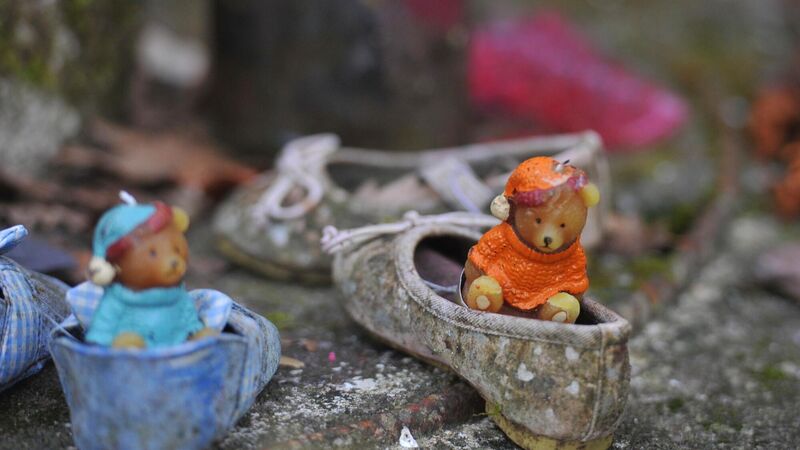Fergus Finlay: Failure to address Mother and Baby Homes scandal will haunt country for years

Candles, childhood mementos, tokens of lost children placed at a sculpture and remembrance plaque and inscription on the wall of the folly at Bessborough.
Dear Minister O’Gorman,
I’ve written to you before, but this time, please, listen to the one piece of critical advice I have to give you. And believe me when I say I know what I’m talking about.












